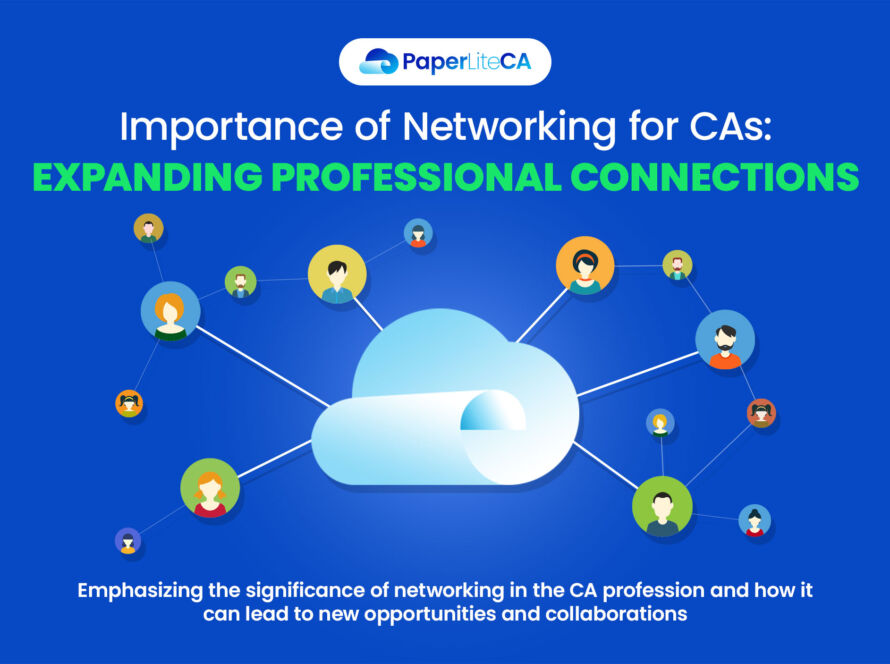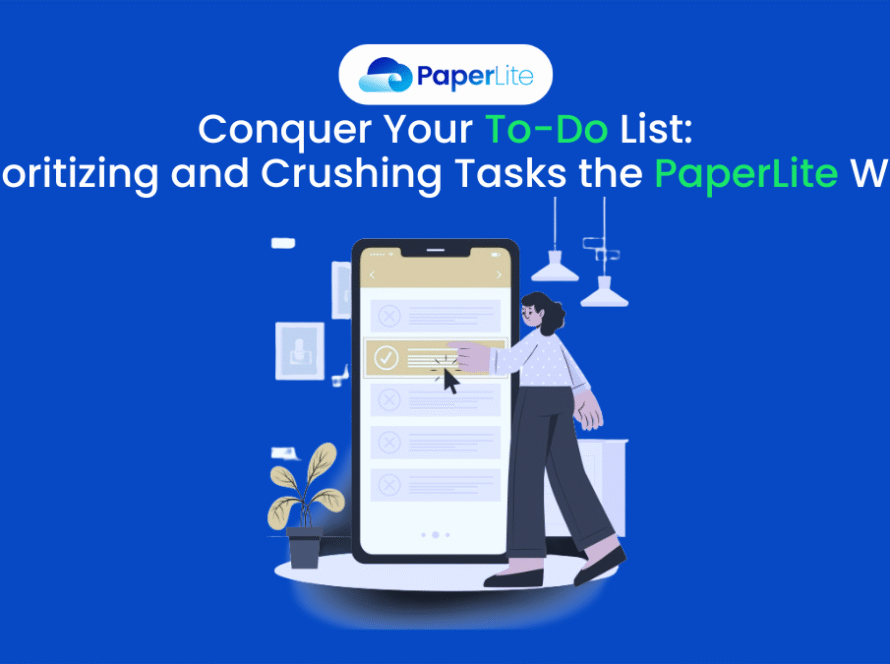Managing risks and Audit assurance:
In today’s complex business environment, managing risks and audit assurance are fundamental responsibilities of chartered accountants. In this blog, we will discuss essential insights and best practices for chartered accountants in managing risk and delivering effective audit assurance.

Best Practices for Managing risks and Audit assurance:
1. Risk Assessment and Identification:
Chartered accountants should adopt a systematic approach to assess and identify risks faced by their clients. This includes evaluating internal control systems, analyzing financial statements, and understanding industry-specific risks. By conducting a thorough risk assessment, accountants can develop appropriate strategies to mitigate and manage risks effectively.
2. Effective Internal Control Systems:
Robust internal control systems are crucial for minimizing risk and ensuring accurate financial reporting. Chartered accountants should work closely with clients to design and implement effective internal controls, including segregation of duties, authorization processes, and regular monitoring and evaluation. Strong internal controls enhance transparency, reduce the risk of fraud, and provide reliable financial information.
3. Compliance with Audit Standards:
Chartered accountants must adhere to relevant audit standards and regulations while conducting audits. These standards ensure the audit process is conducted with integrity, objectivity, and professionalism. Staying updated with audit standards, such as those issued by the International Auditing and Assurance Standards Board (IAASB), is essential to maintain audit quality and provide reliable audit assurance.
4. Utilizing Data Analytics in Audits:
Data analytics can significantly enhance the effectiveness and efficiency of audits. Chartered accountants should leverage data analytics tools to analyze large volumes of financial data, identify anomalies, and perform substantive testing. By harnessing the power of data analytics, accountants can gain deeper insights, identify potential risks, and provide more robust audit assurance.
5. Continuous Professional Development:
Given the dynamic nature of risk management and audit assurance, chartered accountants should engage in continuous professional development. Attend seminars, workshops, and training programs to stay updated with industry trends, new audit techniques, and emerging risks. This ongoing learning ensures that accountants are equipped with the knowledge and skills required to provide effective risk management and audit assurance services.
Conclusion for Managing risks and Audit assurance :
By adopting these insights and best practices, chartered accountants can effectively manage risk and provide valuable audit assurance to their clients. Through thorough risk assessment, implementation of strong internal controls, compliance with audit standards, utilization of data analytics, and continuous professional development, accountants can enhance their expertise and deliver high-quality risk management and audit services. If you’re a Chartered Accountant looking to simplify your operations and improve productivity, it’s time to explore the possibilities that PaperLiteCA offers.


